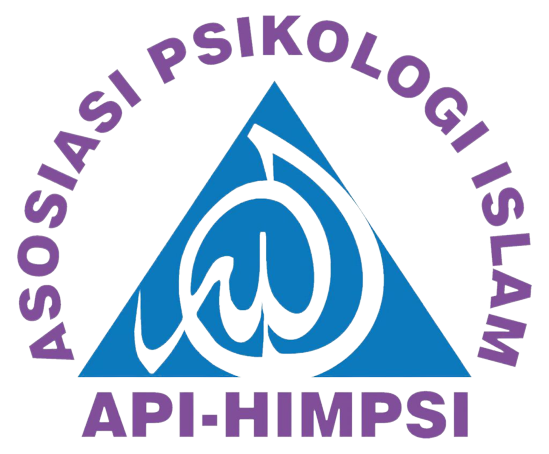Regulasi Diri Sebagai Strategi Manajemen Waktu Mahasiswa Aktif Berorganisasi
DOI:
https://doi.org/10.36341/psi.v7i1.3678Kata Kunci:
Regulasi Diri, Manajemen Waktu, MahasiswaAbstrak
Mahasiswa aktif berorganisasi harus menerapkan strategi manajemen waktu yang tepat agar dapat mengikuti kegiatan kuliah dan organisasi dengan lancar. Strategi manajemen waktu yang baik bisa didapatkan melalui regulasi diri yang baik. Dalam menggambarkan strategi manajemen waktu yang berbasis kemampuan regulasi diri dari mahasiswa aktif berorganisasi, hal tersebut dapat dikategorikan sebagai fenomena subjektif, maka perlu dilakukan penelitian menggunakan pendekatan interpretative phenomenological analysis (IPA). Partisipan yang terlibat dalam penelitian adalah mahasiswa yang menempuh kuliah dan aktif menjadi pengurus organisasi sosial. Peneliti melakukan wawancara dengan panduan wawancara selama tiga bulan kepada enam partisipan. Hasil penelitian memberikan gambaran bahwa partisipan menerapkan aspek-aspek dalam regulasi diri dengan baik terhadap agenda yang dimiliki. Enam partisipan menjalani kegiatan kuliah dan organisasi dengan menyusun agenda dan memberikan skala prioritas terhadap masing-masing kegiatan, memprediksi, melibatkan teknologi, meminta bantuan orang lain, membagi tugas dalam kelompok dan menerapkan kedisiplinan dalam menyelesaikan tugasnya.
Unduhan
##submission.downloads##
Diterbitkan
Terbitan
Bagian
Lisensi
1. Copyright of all journal manuscripts is held by the Psychopolytan : Jurnal Psikologi
2. Formal legal provisions to access digital articles of electronic journal are subject to the provision of the Creative Commons Attribution-ShareAlike license (CC BY-NC-SA), which means that Psychopolytan : Jurnal Psikologi is rightful to keep, transfer media/format, manage in the form of databases, maintain, and publish articles.
3. Published manuscripts both printed and electronic are open access for educational, research, and library purposes. Additionally, the editorial board is not responsible for any violations of copyright law.
licensed under a Creative Commons Attribution-ShareAlike 4.0 International License.








